Berlin is Germany’s unrivalled center of all things theater and music. Even though the stages of theaters, operas and music venues remain closed for the time being, some of Berlin’s most famous artistic institutions have offered virtual alternatives until their doors finally open again.

Berliner Ensemble: BE at home:
The Berliner Ensemble, founded by none other than Bertolt Brecht, is one of Berlin’s and Germany’s top theater addresses. Their digital offers at “BE at home” include on demand recordings of panel discussions and lectures, audiowalks, podcasts, streams of historic Brecht-productions, backstage impressions… more than enough content to get you through these times!
Dringeblieben:
Dringeblieben is a collaboration of various cultural institutions across Germany bringing you streams and other digital formats directly to your home. Along with it: the Maxim-Gorki-Theater and the Deutsches Theater. No need to get lucky to get hold of theater tickets – you can just hit play!
Berliner Philharmoniker: Digital Concert Hall:
The Berliner Philharmoniker are one of the world’s best orchestras – and in their digital concert hall you can get a front row seat for free! The playlist includes various performances, conducted by the philharmonic’s chief conductor, Kirill Petrenko. Listen to pieces by van Beethoven, Mahler and Tschaikowsky as well as an interview with Petrenko.
Schaubühne Online:
The Schaubühne is the place to be in Berlin when it comes to contemporary theater. As they remain closed at least until Easter, they have launched Schaubühne Online. Every couple of days you can get free, exclusive access to recordings of plays by famed theater director Thomas Ostermeier, documentaries or panel discussions.
United We Stream:
Berlin’s clubs define the pulse of the city but were also hit hardest by the Corona crisis. “United We Stream“ aims to bring the clubs’ music and atmosphere into your home while supporting the clubs, artists and organizers at the same time. Discover different livestreams by world-renowned DJs from some of Berlin’s most legendary clubs, such as Watergate, Griessmühle or Sisyphos.




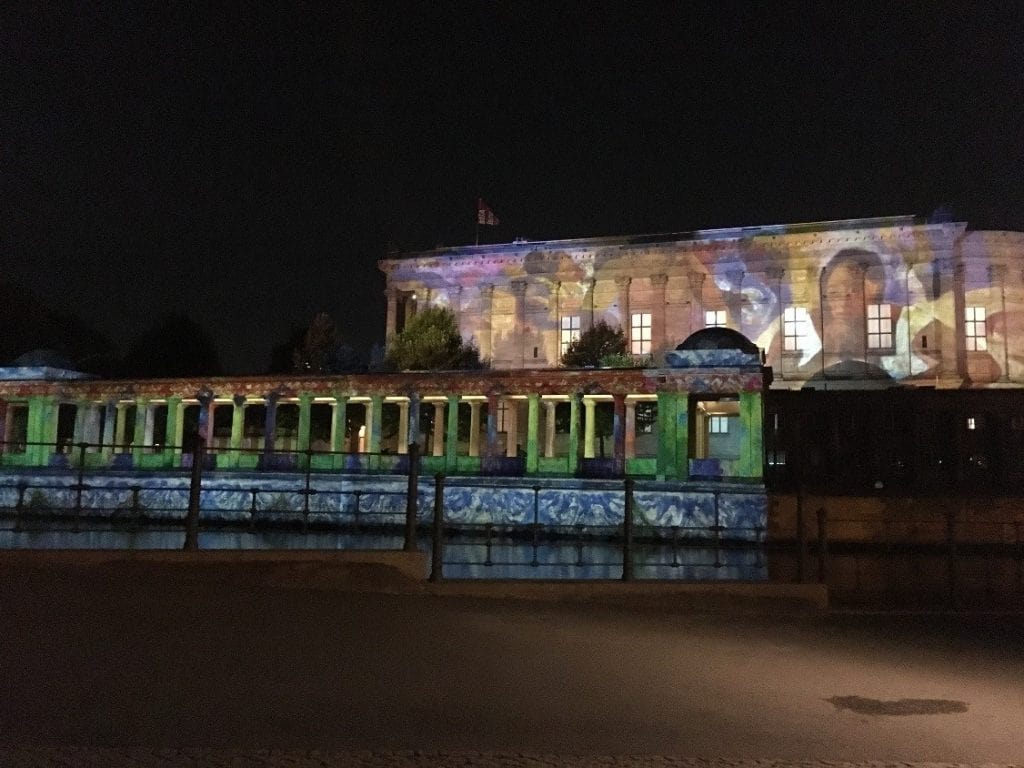


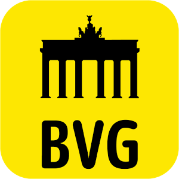
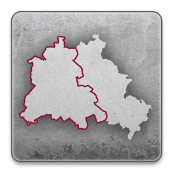



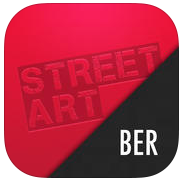
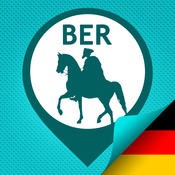


 To get a sense of what the lgbtqia+ culture is like in Europe and to keep up to date with country policies you can make use of different lgbtq+ organizations out there, like the
To get a sense of what the lgbtqia+ culture is like in Europe and to keep up to date with country policies you can make use of different lgbtq+ organizations out there, like the 